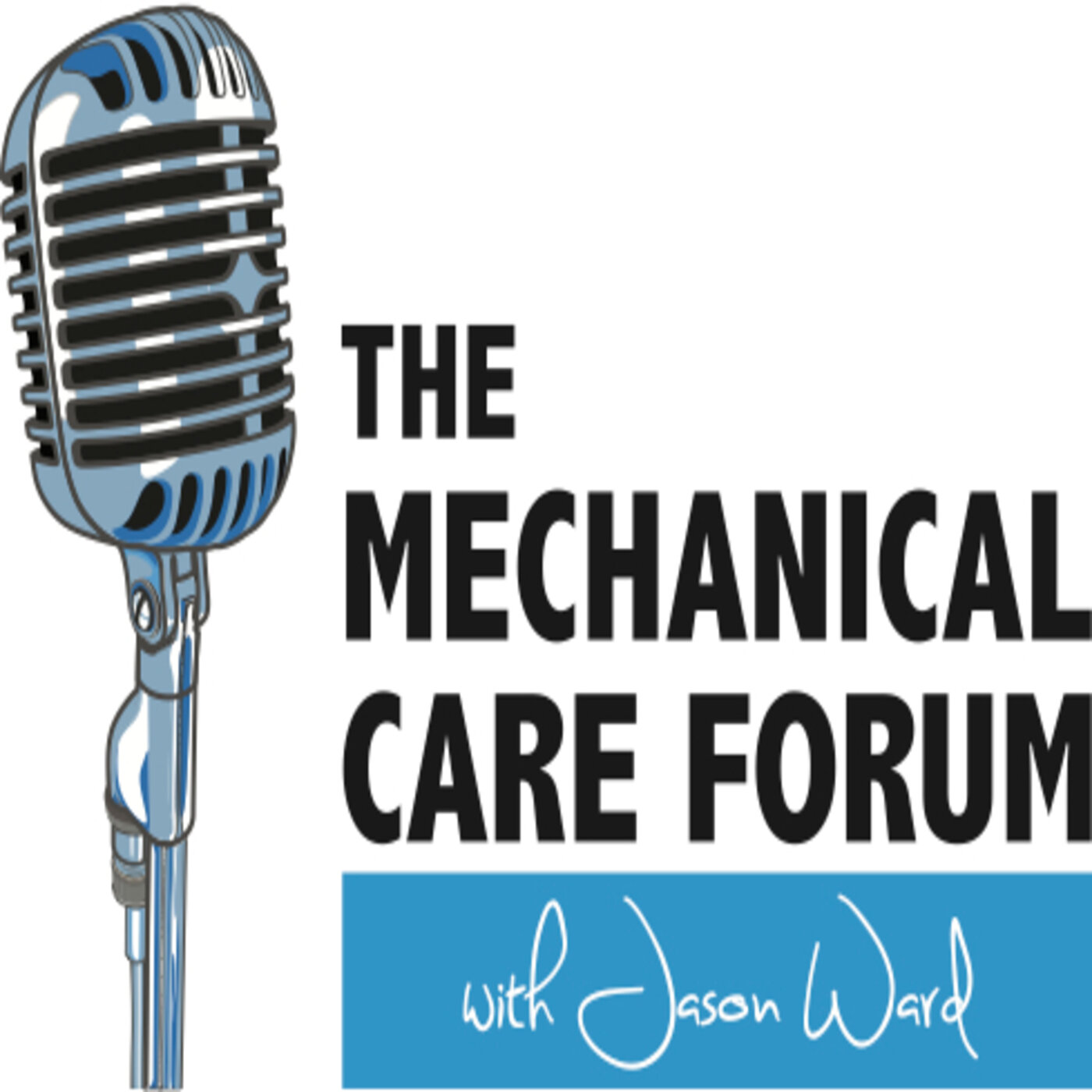In episode 9 of season 8 of Inside the Science we’re highlighting the study, “The Outcome of Epidural Injections in Lumbar Radiculopathy Is Not Dependent on the Presence of Disc Herniation on Magnetic Resonance Imaging: Assessment of Short-Term and Long-Term Efficacy” with Dr. Eduard Verheijen. You’ll hear him describe some background information on this topic of the effectiveness of transforaminal epidural injections contrasting those to have lumbar disc herniation versus those without, the important findings of how many show herniation and how those with herniation respond to injection versus those without herniation, the effectiveness of a second injection when the first didn’t resolve the symptoms, some future related work he’s working on, the clinical implications and big takeaways.
Season 5, Episode 13 with Ian Harris: Preoperative factors and patient-reported outcomes after total hip arthroplasty: a multivariable prediction model
In episode 13 of season 5 of Inside the Science, we’re highlighting the study, “Preoperative factors and patient-reported outcomes after total hip arthroplasty: a multivariable prediction model” with Dr Ian Harris. He explains more about what specifically was found to predict a patient’s outcome for hip joint replacement, how we should and shouldn’t interpret the results of this paper, how we might use this paper to educate others, the clinical implications and the big takeaways.
Season 5, Episode 3 with Terry Rose: Measurement of outcomes for patients with centralising versus non-centralising neck pain
In episode 3 of season 5 of Inside the Science we’re highlighting the study, “Measurement of outcomes for patients with centralizing versus non-centralizing neck pain” with Dr. Terry Rose. He shares what was lacking in the literature which prompted this study, the operational definition of centralization which was used, the most important data he’d suggest we take from the results, the clinical implications and the big takeaways.
Season 4, Episode 3 with Vikas Agarwal: Primary care management of patients with pain complaints and the influence of physician training in mechanical diagnosis and therapy
In episode 3 of season 4 of Inside the Science, we’re highlighting the study, “Primary care management of patients with pain complaints and the influence of physician training in mechanical diagnosis and therapy” with Dr Vikas Agarwal. You’ll hear him explain how he attempted to reduce bias, even more of the differences in medications prescribed, procedures delivered and referrals made, the costs calculated, why he believes these data could make incredible positive impacts on our healthcare system, the implications and the big takeaways.
Season 3, Episode 4 with Scott Miller: The Session Rating Scale: Preliminary Psychometric Properties of a "Working" Alliance Measure
In episode 4 of season 3 of Inside the Science we’re highlighting the study, “The session rating scale preliminary psychometric properties of a working alliance measure.” with the author, Dr. Scott Miller. He shares his understanding of the patient-clinician alliance, how alliance scores and changes in alliance scores through the episode of care correlate to outcomes, the clinical implications and the big takeaways.
Season 3, Episode 3 with Scott Miller: The Outcome Rating Scale: A Preliminary Study of the Reliability, Validity and Feasibility
In episode 3 of season 3 of Inside the Science, we’re highlighting the study, “The Outcome Rating Scale: A Preliminary Study of the Reliability, Validity, and Feasibility of a Brief Visual Analog Measure” with the author, Dr. Scott Miller. He shares his thoughts on how well this tool might apply to our patients with musculoskeletal disorders, the specific statistical results, the clinical implications, and the big takeaways.
